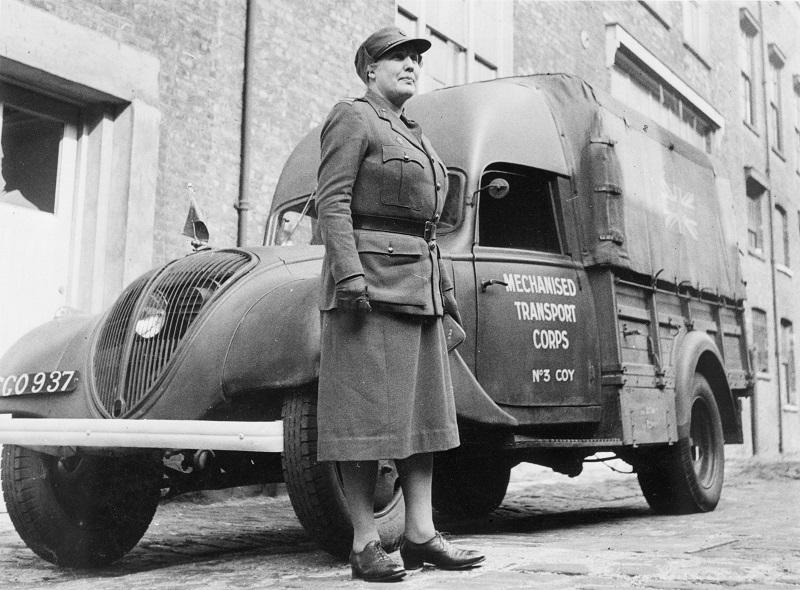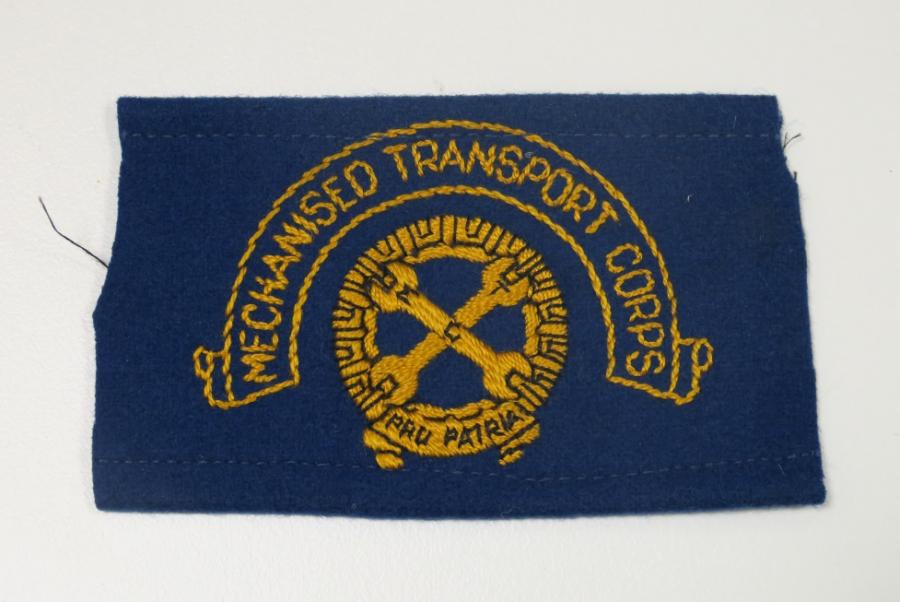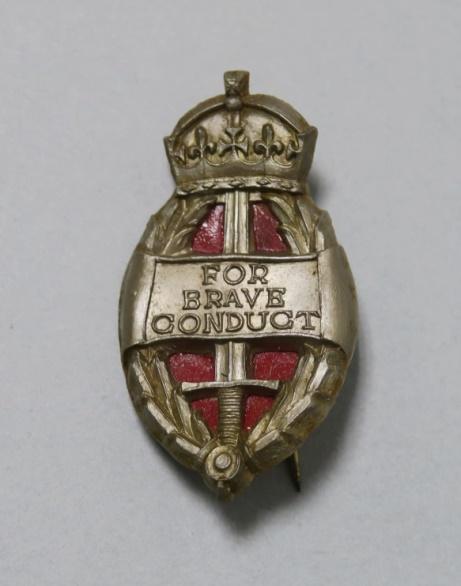Olive Sherington: Last out and first in
Described by one Australian newspaper as the “Number One War Heroine” and by another as “The woman who saw history made”, Olive Sherington was by all accounts a remarkable person.

Olive Sherrington and her Peugeot 202 van in France, IWM HU 090267
On holiday in Europe in 1939 after the death of her husband, Olive (later known as Sherry to the troops) was caught by the outbreak of war, but determined to serve the Empire in any capacity. Initially she helped run the British Army and Navy Club in Paris, a rest and recreation centre for servicemen. In April 1940 she flew to London to train with the Mechanised Transport Corps (MTC), a voluntary civilian organisation which provided drivers for ambulances, supply vehicles and staff cars. Returning to Paris, she hoped to lead an ambulance unit near the front lines with Germany, which at that stage were static.
The German Blitzkrieg through eastern France put paid to her plans. A third of a million British and French troops had managed to evacuate from Dunkirk, but along with other troops cut off by the German advance, Olive and her comrades were forced to make their way to ports in the west and south of the country. She hastily commandeered vehicles and wangled supplies to enable MTC members and British nuns to escape south to Limoges, while she remained behind to destroy material that the Germans might find useful.
By this stage trains from Paris had stopped running, telephones had been disconnected, and chaos reigned. Working through the night of 9 June, she nonetheless found time for a luxurious bath and lunch at the Ritz Hotel. Late that evening she left for the city of Tours, travelling on roads thick with refugees. Food and lodging were non-existent in Tours, and she had to sleep on the floor of a crowded hotel. “Luckily I’m well padded!” her diary noted. The champagne cocktails she managed to obtain may also have helped.
For the MTC Sherry had to transport English civilian refugees to the port city of Bordeaux, then collect four wounded English servicemen from the hospital and get them all to a waiting Royal Navy destroyer. The journey had to be made with haste – the destroyer was not going to wait for them. Sherry arrived at the hospital to find not four, but six wounded soldiers, and again chaos. A frantic situation became desperate when they found the hospital gates closed, trapping them inside and needing a locksmith. Even as the German army advanced, bureaucracy and officiousness prevailed: the entry in her diary reads, “Do the French never hurry?”

Armband of the Mechanised Transport Corps RELAWM31023.003
Reaching the wharf they found the destroyer had already left; but 90 kilometres north, at Port le Verdon, a passenger ferry was loading refugees. They had just an hour and 45 minutes. Travelling at high speed, every pothole and corner was agony for the wounded soldiers. Sherry spent the entire journey on the floor of the ambulance, cradling a man whose arms were both badly broken. They arrived just in time to load the wounded aboard the SS Madura, fleeing France with 1700 passengers. Sherry spent the voyage caring for her wounded and others who were brought to her. At Falmouth, it took naval authorities 28 hours to disembark the wounded, a process so exasperating that Sherry noted “I feel a tempest within me”. For her efforts in rescuing the soldiers, Sherry was awarded a King’s Commendation for Brave Conduct.

Olive Sherington’s ‘King’s Commendation for Brave Conduct’ badge. REL/09614
Four years later, now a senior commandant of the MTC, Sherry was one of the first women ashore at Normandy. Following the armies as they advanced eastward, she was never far from the front lines, and always helping. Her progress through newly liberated Europe took her to Nijmegen, Holland, five kilometres from the fighting. In the town hall she organised what became her fondest memory, a St Nicholas Day party for 350 malnourished Dutch children. Each was given two boiled lollies, a quarter of a bar of chocolate and a bully beef sandwich, all donated by local British soldiers. The next day, the hall was demolished by German artillery fire. Sherry later accompanied British troops into some concentration camps, where she acquired a whip used by the SS against inmates; she later donated it to the Australian War Memorial in the hope that it would remind Australians of the brutality of Fascism. In Australia after the war, she worked on behalf of war orphans through Legacy.
Sherry’s indomitable will and tenacity clearly made her an effective war worker. But what most people remembered about her was her charm, depth of humanity and affection for people.
To read more about the Second World War, purchase the latest issue of Wartime here.